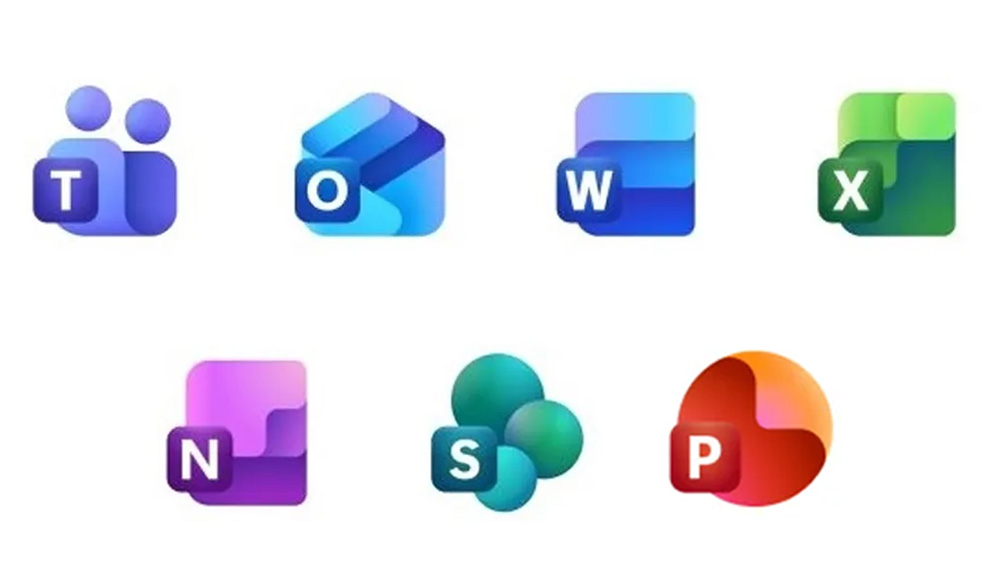YouTube Backs Senators Coons and Blackburn's NO FAKES Act to Combat Unauthorized AI Replications

In a significant move aimed at regulating the use of artificial intelligence in digital media, Senators Chris Coons (D-DE) and Marsha Blackburn (R-TN) are proudly reintroducing their legislation known as the Nurture Originals, Foster Art, and Keep Entertainment Safe, or NO FAKES, Act. This proposed law seeks to establish standardized regulations surrounding the creation and distribution of AI-generated replicas that utilize a person's face, voice, or name. Notably, this latest iteration of the bill has garnered the endorsement of a major player in the digital space, YouTube, marking a pivotal shift in the push for content integrity in the age of AI.
YouTube's statement of support highlights the intent behind the NO FAKES Act, emphasizing the need to strike a balance between protecting individuals' rights and fostering innovation within the tech industry. The platform advocates for empowering users by allowing them to notify service providers about AI-generated likenesses they feel should be removed from circulation. This support aligns YouTube with other influential entities like SAG-AFTRA and the Recording Industry Association, which have also backed the legislation. However, the bill has faced criticism from civil liberties organizations, notably the Electronic Frontier Foundation (EFF), which argues that past drafts have been overly expansive in their definitions and could infringe on free speech.
The latest version of the NO FAKES Act, crafted for the 2024 legislative cycle, includes crucial provisions that shield online servicessuch as YouTubefrom liability concerning unauthorized digital replicas, provided they act promptly to remove such content upon receiving claims from individuals. Furthermore, the bill specifies that liability exemptions also apply if the service is not primarily designed for the creation of deepfakes, thus attempting to clarify the obligations of platforms in relation to user-generated content.
During a recent press conference, Senator Coons elaborated on the updated legislation, noting that one of the key improvements in this 2.0 version includes addressing concerns related to free speech and establishing clear liability caps. This addition reflects a conscious effort to navigate the delicate intersection of technological advancement and individual rights, particularly in how AI is leveraged in creative spaces.
In a broader commitment to combating the misuse of AI-generated content, YouTube has also voiced its support for another significant legislative effort known as the Take It Down Act. This proposed law aims to criminalize the distribution of non-consensual intimate images, including those generated through AI technologies. The act mandates that social media platforms implement efficient processes to swiftly remove such images upon user reports. However, this initiative has sparked considerable backlash from civil liberties advocates and some organizations that focus on the protection of individuals against non-consensual image sharing, despite it already advancing through the Senate and a House committee earlier this week.
Additionally, YouTube is expanding its pilot program for likeness management technology, which was first introduced last year in collaboration with Creative Artists Agency (CAA). This innovative program is designed to assist celebrities and content creators in identifying instances of AI-generated copies of their likenesses. Participants in this pilot program include prominent figures such as MrBeast, Mark Rober, and Marques Brownlee, showcasing YouTube's commitment to protecting the intellectual property and digital identity of its top creators.

























